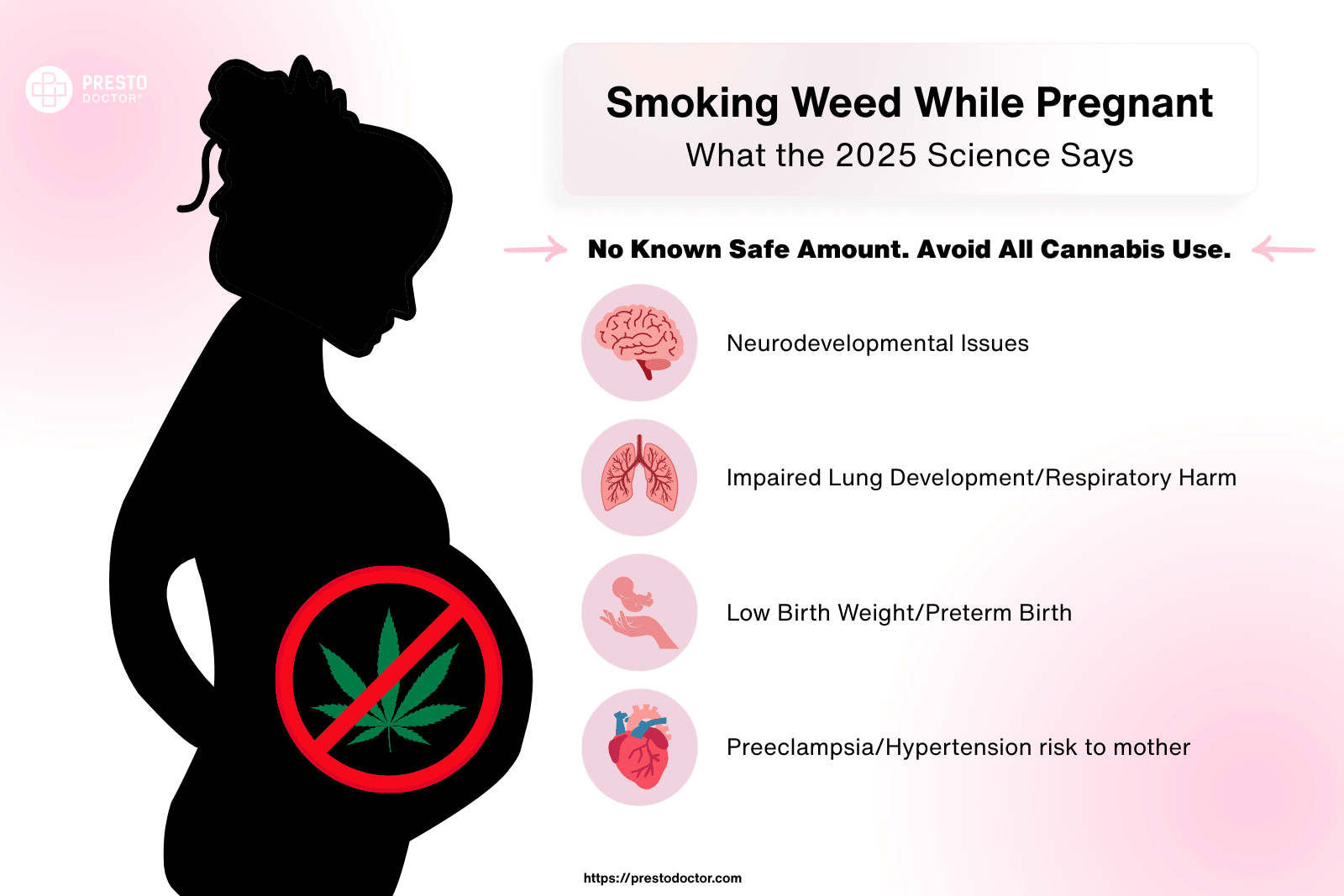
The days of protecting medical cannabis rights in the United States continue to rage on. The fight, however, now feels much less isolated for those in the pro-cannabis lobby. For the first time, they may actually have the majority. Now, prominent political figures champion the rights of the states and their medical cannabis programs as well as hemp, CBD, and other cannabis-based items.
In June, the Senate Appropriations Committee approved language to protect state medical programs from the Department of Justice and Attorney General Jeff Sessions. The adopted language halts the DoJ from targeting both users and medical cannabis programs in legalized states. The move is a significant step forward in the fight for cannabis access in America.
While the news is massive, much is left to be done.
Cannabis Reformation Across North America?
The late spring decision from the Committee represents the American contribution towards cannabis expansion across North America in recent months. While protecting medical cannabis was on the agenda in the U.S., Canada joined Uruguay as the second nation to legalize recreational use this coming October. Meanwhile, in Mexico, its next President, Andrés Manuel López Obrador, joined a growing number of politicians to have an open mind to legalizing cannabis and all other illegal drugs in the country.
Back in the U.S., we are seeing an uptick in political support for medical marijuana programs thanks to overwhelming support from citizens – including 93% of participants in favor of medical cannabis programs according to an April Quinnipiac poll.
Because of the growing majority amongst Americans, protecting medical cannabis programs has surged to the top of lists for lawmakers on both sides of the aisle. The issue has become such a pressing concern for American citizens that lawmakers are now prioritizing the voice of constituents over their own special interests and beliefs.
Crazy, right?

In today’s hyper-partisan climate, it is fantastic and refreshing to see politicians doing their job and listening to voters. The approved language in the Senate Committee marks a potential turning point for Congress and cannabis. Just a few years ago, the House wouldn’t even vote on the Rohrabacher-Blumenauer Amendment to keep it excluded from the country’s budget discussion. Now, a slew of legislation and discussions are coming from notable politicians like Senate Majority Leader Mitch McConnell, Governor Cory Gardner, and Senator Amy Klobuchar.
Without making the issue anymore divisive, Republicans have often been the stronger opposition to cannabis expansion and rescheduling. Beyond the aforementioned legislators, that stance now appears to be eroding in the redder areas of the country, namely Texas. This past June, the state Republican Party voted to approve a platform that endorsed the decriminalization of cannabis in the Lone Star State.
It appears that regardless of blue or red, both sides of the aisle are turning increasingly green.
Protecting Medical Cannabis Isn’t a Fix-All Solution

The progress on medical cannabis should be championed for the immense news that it is. That said, experts caution us that this is just one portion of the needed overall progress.
As Sean Williams of Motley Fool explained in a recent article, “Even though we’re only talking about nine states that have legalized adult-use weed in some capacity, there’s still a small chance — as long as Jeff Sessions is Attorney General — that the federal government could change its tune on pot. Translation: There’s still plenty to worry about if you’re a cannabis business operating in the United States.”
Furthermore, the language approved largely re-states the protections the country had in place under the now revoked Cole Memo. With a volatile administration, the U.S. could see additional changes to its stance on protecting medical cannabis or any other topic for that matter. While President Trump has signaled his likely support, he has been known to flip-flop on issues, and unfortunately, he could have some reasons to do just that on this matter.
More Cannabis Legislation in Progress

Despite the uncertainty of cannabis in America, the approved Senate Committee language represents the first in what will hopefully be numerous wins for the industry in Congress. Three significant bills could alter how America handles cannabis:
- The Marijuana Justice Act is led by Senator Cory Booker and several other major notable lawmakers on Capitol Hill including Senators Kamala Harris and Bernie Sanders. Overall, the bill aims to remove cannabis and THC from Schedule I narcotic status while eliminating criminal records for a series of cannabis arrests and convictions.
- Senate Minority leader Chuck Schumer also introduced legislation to remove cannabis from the U.S. Controlled Substances Act.
- Meanwhile, the Strengthening the Tenth Amendment Through Entrusting States (STATES) Act would further the approved language already passed and exclude state-approved markets from DoJ enforcement. The bipartisan legislation could pass, though some fear the President’s animosity towards lead sponsor Senator Elizabeth Warren could derail the passing.
These three bills represent just a fraction of what could eventually become law in the United States. Currently, proposed items are in various stages throughout Capitol Hill. Potential regulations covering criminal justice, rescheduling, states’ rights, banking, taxes, hemp and protecting medical cannabis have all been introduced in recent years. For a breakdown of the over 40 current proposed bills, visit Cannabis Business Times.
The support for medical cannabis and its legal protections have never been higher. With banks providing pressure as well, lawmakers now appear cornered on the topic of medical cannabis and possibly even more protections. The antiquated views of even Jeff Sessions have been walked back in recent months.
While the fight is far from over, times are changing. Optimism appears to be gaining in Washington, D.C. and could expand further across the United States. With cannabis expected to be a cash cow that saves lives, it is sure to be a major talking point in the 2018 midterm elections and beyond.
Expect more news to develop as we head towards November.






